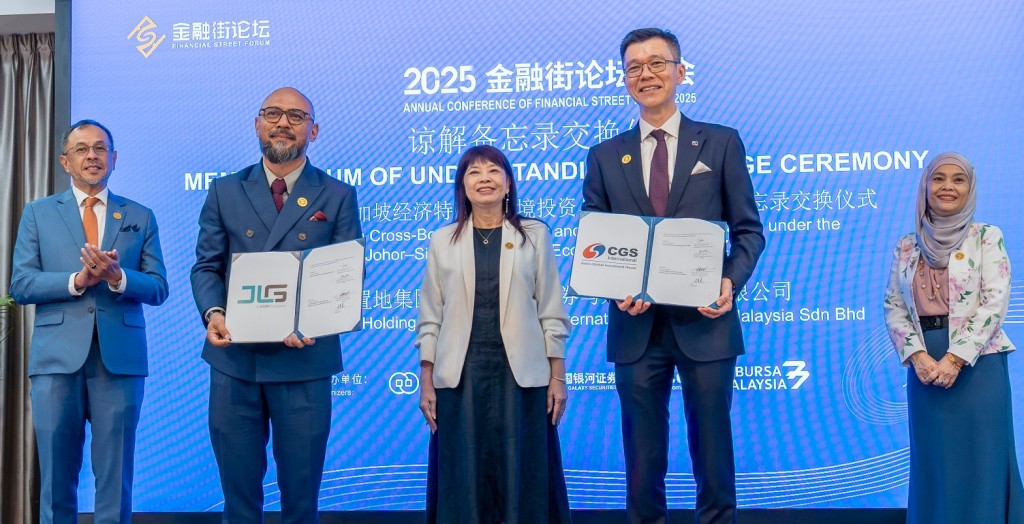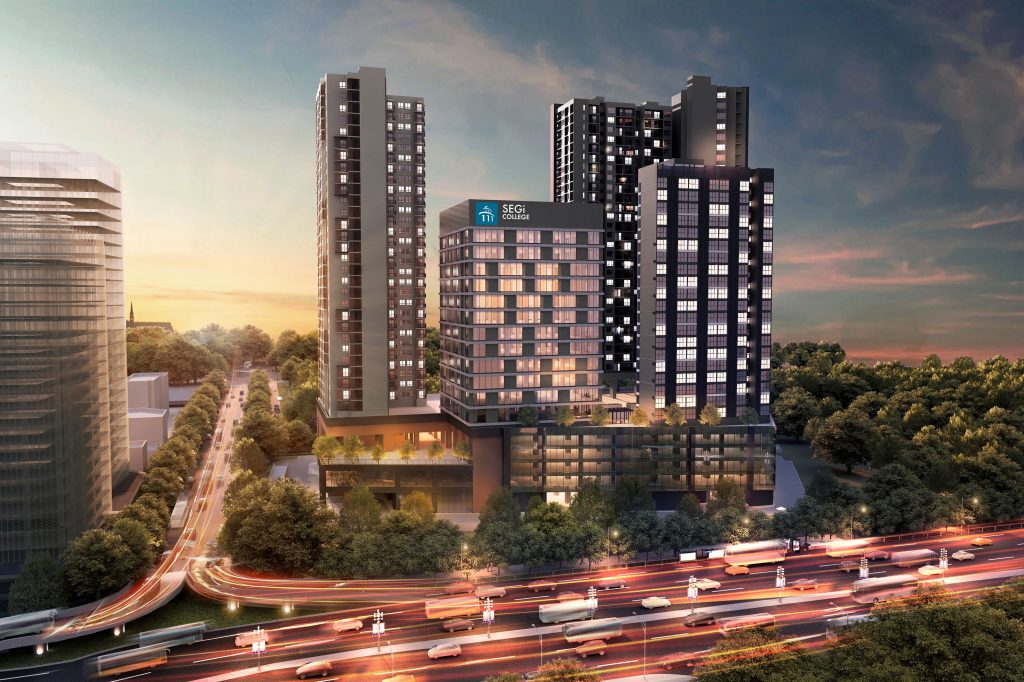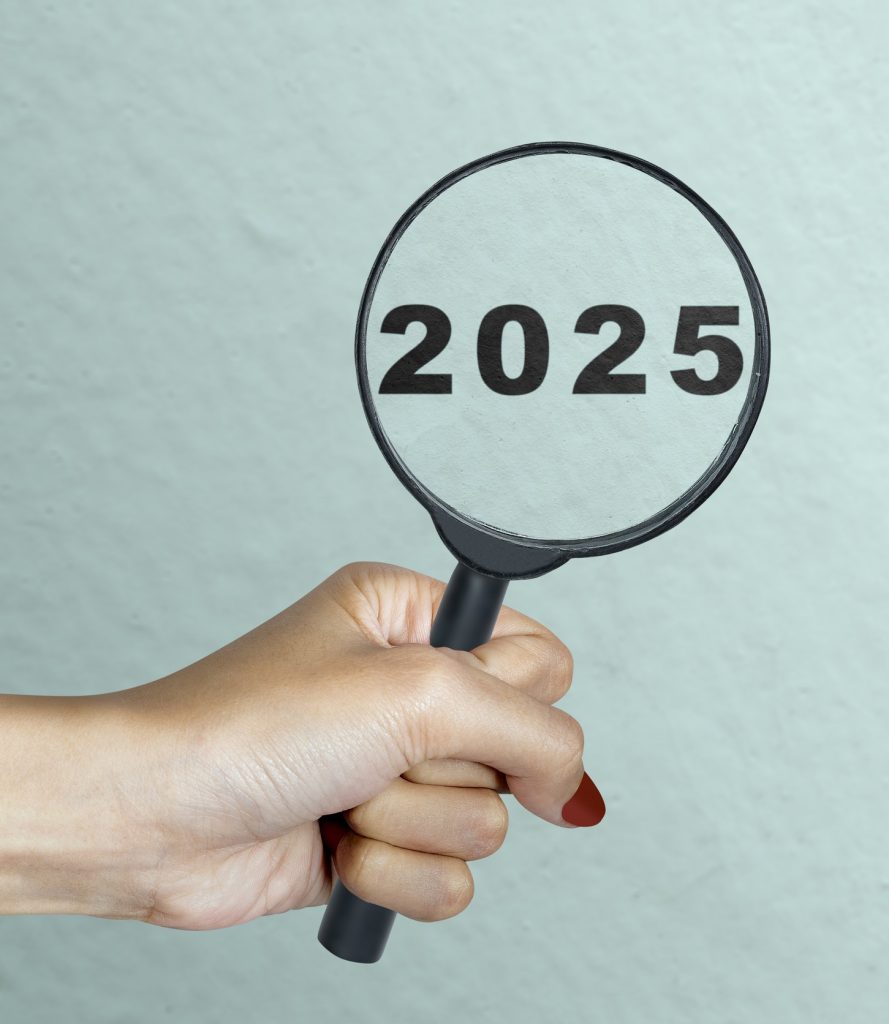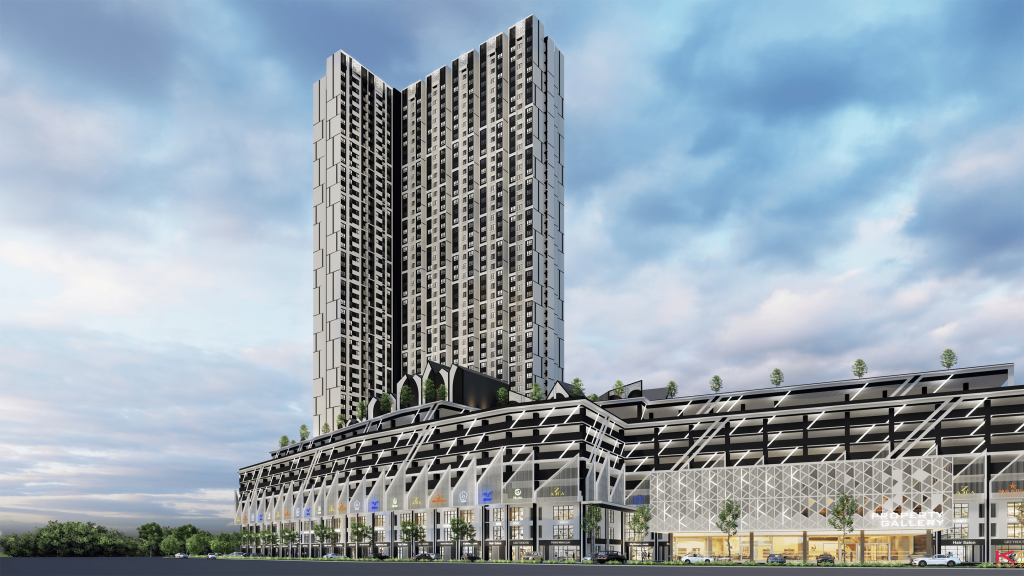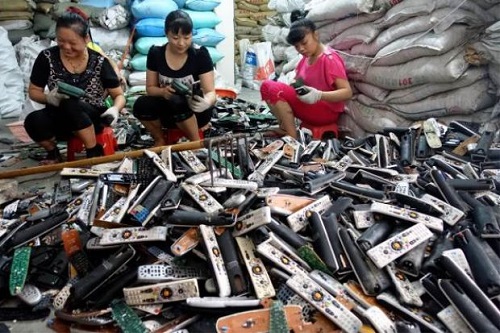
Beijing’s push to consolidate and restructure its industrial sector have paid dividends as factory output beat expectations, while strong fiscal spending and sustained public investment helped boost domestic demand.
BEIJING: China’s economic growth looked set to accelerate for the first time in seven years this year, after hardly skipping a beat in the third quarter, but efforts to cut risks in property and debt are beginning to weigh on parts of the world’s second-largest economy.
Beijing’s push to consolidate and restructure its industrial sector have paid dividends as factory output beat expectations, while strong fiscal spending and sustained public investment helped boost domestic demand.
But concerns remain that much of the growth is debt-driven, with central bank governor Zhou Xiaochuan yesterday warning about household and corporate leverage.
A crackdown on rising financial risks and measures to cool the property market, which some expect to accelerate after the congress, has already started to bite. Growth in new construction slowed and property sales dropped for the first time in more than two-and-half years in September.
The economy grew 6.8% in the third quarter from a year earlier, in line with the estimate in a Reuters poll and down from 6.9% in the second quarter, the National Bureau of Statistics said yesterday.
While the numbers met economist expectations, they raise questions about the more optimistic forecast flagged by the country’s central bank chief this week. Zhou on Sunday said gross domestic product (GDP) could grow 7% in the second half.
Analysts had penciled in a gradual GDP slowdown due to an expected softening in property investment and construction as more cities try to cool surging housing prices, while a government campaign against riskier lending pushes up borrowing costs.
“Unequivocally, the property boom has peaked,” said Rosealea Yao, a property analyst at Gavekal Dragonomics. “Given how fast the sale numbers are declining, we expect no big rebound this time.” — Reuters

